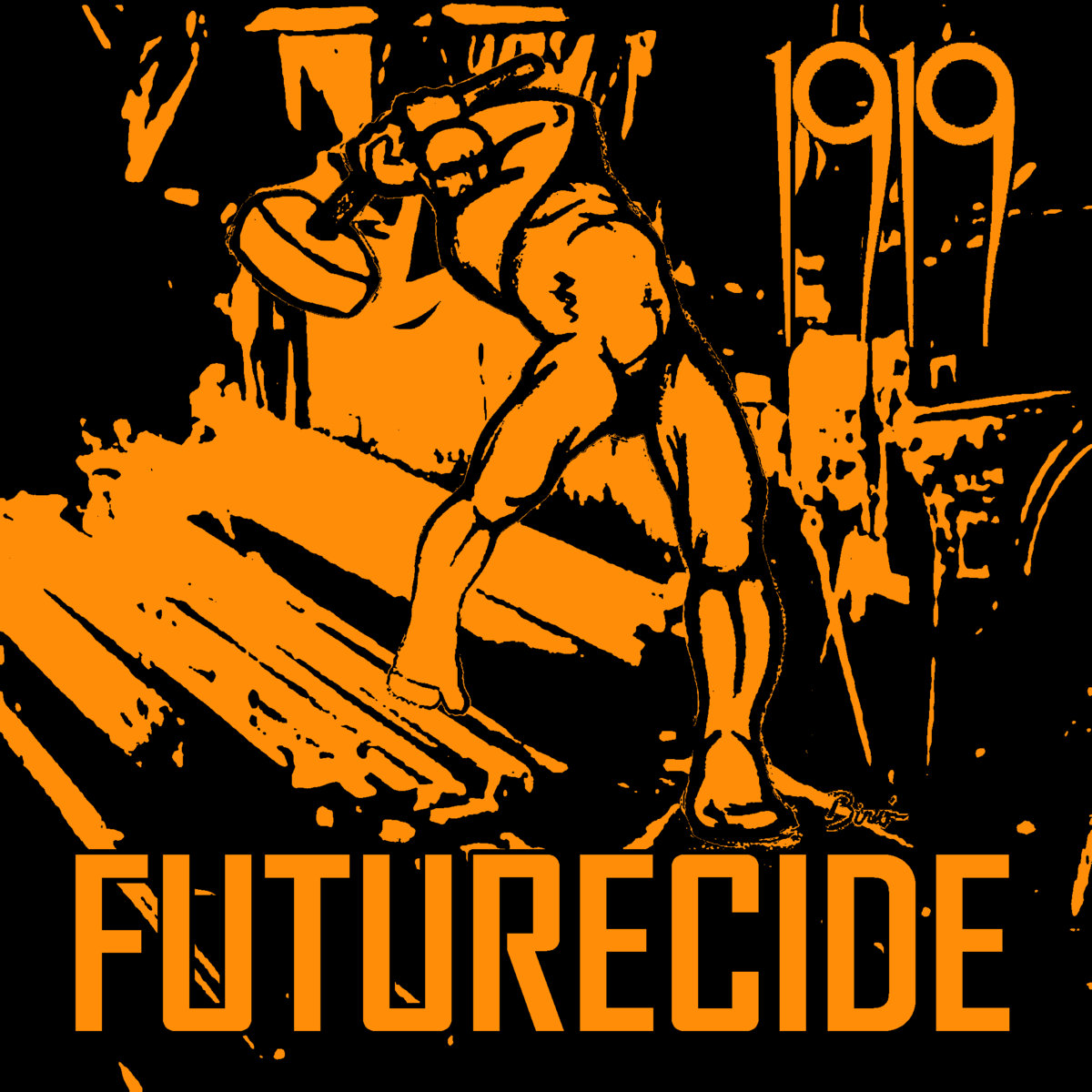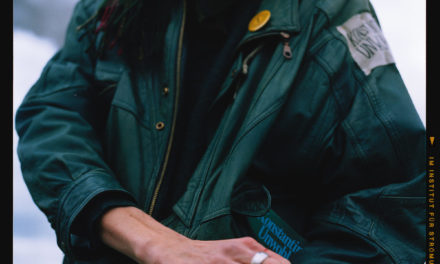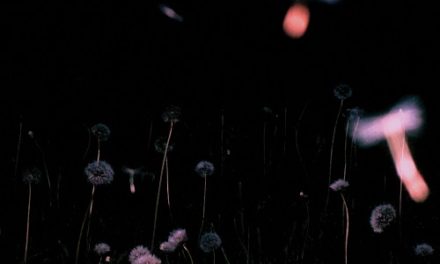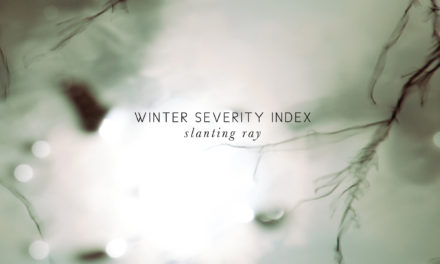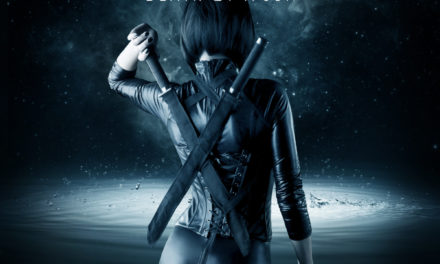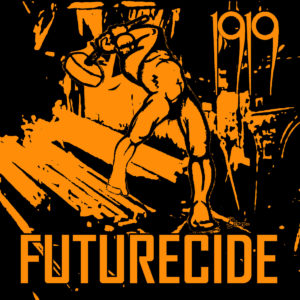
1919
Futurecide
Cleopatra Records
The double-whammy of the Brexit referendum and US election back in 2016 prompted no small amount of gallows humour, and the old “just think of all the angry records we’re going to get” jibe was of no real comfort. But the parallels between the Reagan/Thatcher era and whatever you’d care to name the fresh hell of 2019 make the resurgence of 1919 a century on from their namesake feel rather fitting. The second album since their reconvening, Futurecide makes some notable changes to the sound of the legendary proto-goth band while keeping their original spirit in focus.
Before we discuss musical changes it should be stressed that the version of 1919 which has written Futurecide is a very different animal than the one which released all those early 80s singles. The 1919 assembled a few years back centered around founding guitarist and songwriter Mark Tighe, who recruited original drummer Mick Reed and newcomers Rio Goldhammer (vocals) and Karl Donner (bass). Tighe passed away two years back, leaving Reed as the sole original member and making Futurecide the first 1919 release to not feature Tighe’s songwriting. Ship Of Theseus-style metaphysics aside, this is all to say that there’s a reason why the record feels even further removed musically from previous reunion LP Bloodline.
Removed how, you ask? Well, Futurecide is a remarkably smooth and melodic record rife with goth rock harmonies the likes of which weren’t developed until years after the raw, lo-fi attack of early 1919 singles like “Caged”. There’s something poetic about 1919 drawing upon the records and bands they’d go on to inspire for the twilight crooning of “Anxiety” or the glammy stomp of “Stop The World”. Goldhammer’s an accomplished vocalist, and while he’s certainly not attempting to imitate the bellow and yowl of original singer Ian Tilleard, he adds a good amount of personality and flourish to the proceedings whether holding even tones for max goth smoldering, or using a strained yelp to accentuate the stresses and tensions which make up Futurecide.
It’s in those themes that Futurecide shows itself to be a 1919 work through and through, no matter the permutations of the line-up. From the chaos of getting by day to day (“Anxiety”) to the paradox of the necessity and impossibility of revolution (“Radicals”), Futurecide has its fingers on the frantic pulse of all our fears and crises, from the personal to the global. The record feels incredibly of the moment despite the ease with which its lyrics could theoretically be transposed back onto the band’s earliest work – I’ll leave it to you to judge whether that says more about 2019’s 1919 remaining true to their origins or broader histories repeating.

